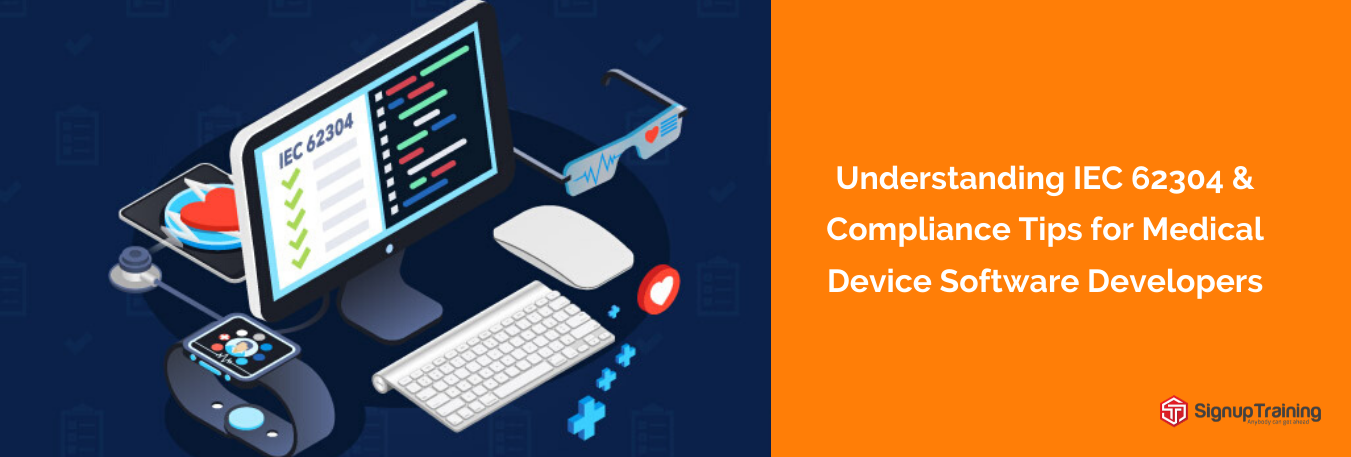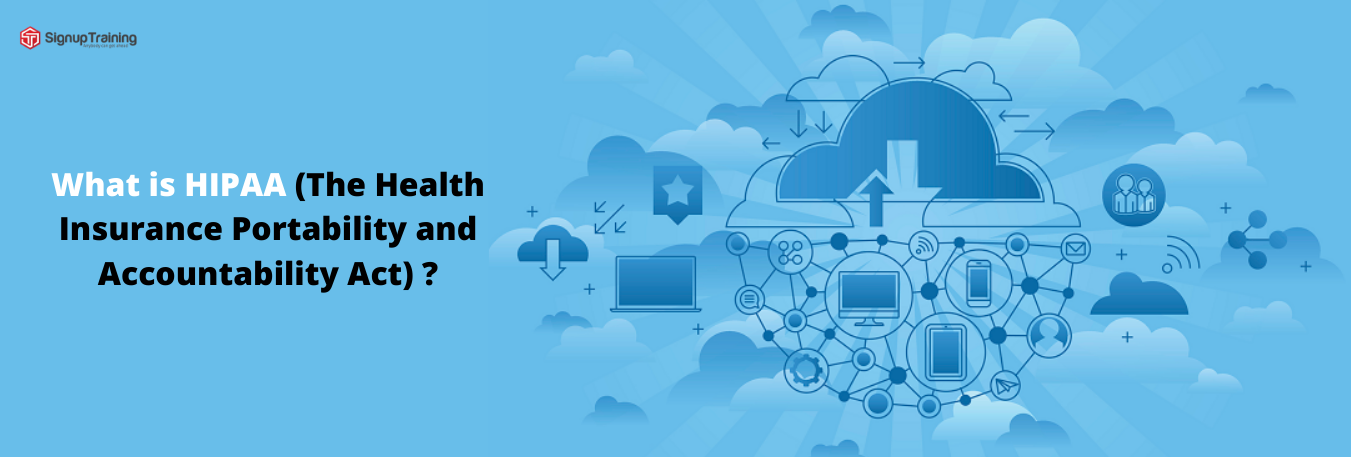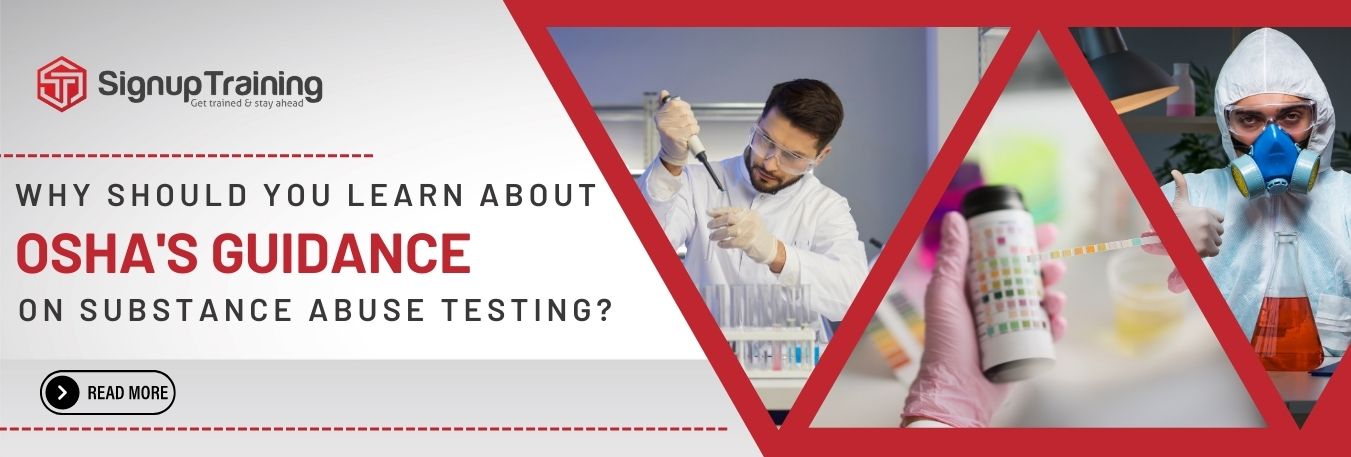Why is 21 CFR Part 11 Compliance Important?
21 CFR Part 11 regulations have resulted in broadening the scope of FDA inspections thus making many organizations vulnerable to non-compliance.
The FDA has tightened its enforcement actions of late and non-compliance (especially in areas of system validation, protection of records – common citations during audits) can result in FDA Form 483s, warning letters, an injunction in the form a market recall or ban on importation /commercial distribution and so on.
Citations for non-compliance can prove very expensive as they can result in direct and indirect penalties by the FDA actions. Warning letters issued publicly can affect a company's stock value and can ultimately result in reduced revenues.
Firms should focus on three areas of compliance:
• Validation of computer systems used through a development life cycle. This should be followed by testing within the firm’s current operating environment so as to stay in compliance with Part 11 requirements.
• Operations carried out should be based on standard operating written procedures,
• Product features that exist in the system software should be utilized to fulfil requirements
The Agency has made it clear to companies that:
• They have to be fully compliant with 21 CFR Part 11 and applicable predicate regulations
• Revenue procured during non- compliance with regulations will be considered illegal and is subject to seizure.
• Non-compliance can also result in severe penalties
• Various aspects like criticality of the data, type of systems used to manage the data will be considered during audits for grading the level of compliance.
• It follows a realistic approach towards problems faced and considers that time is required for existing systems to attain full compliance with 21 CFR Part 11.
• It will undertake a “risk-based” approach in the process of enforcing compliance to technical controls like validation, audit trails, record retention and so on.
Trending now

Why do medical devices need FDA approval?
Blog
Top 10 HR Compliance Challenges in USA
Blog
Medical Device Regulations in the USA
Blog
Understanding IEC 62304 & Compliance Tips for Medical Device Software Developers
Blog
What is HIPAA (The Health Insurance Portability and Accountability Act) ?
BlogFDA Steps to Ensure Quality of Foreign Products
Blog
6 Skills that Make for a Great Human Resources Manager
Blog
Why do we have OSHA Regulations?
Blog21 CFR part 11 compliance - key factors that every FDA regulated business should know
BlogWhy is 21 CFR Part 11 Compliance Important?
BlogWhat are the Key Factors (Essentials) for 21 CFR Part 11 Compliance?
BlogFDA Regulated Firms Must Ensure Part 11 Compliance to Generate Accurate and Usable Data
Blog
Know how to Survive an OSHA Audit
Blog
Top 5 Job Opportunities in Biotechnology
Blog
5 Key functions of HR Management
Blog
Cybersecurity Threats Upcoming in 2023
Blog
Why Should You Learn About OSHA's Guidance on Substance Abuse Testing?
Blog
Importance of SOPs in the Pharmaceutical Industry
Blog
Non-Compliance on 1099 Filing: Consequences and Best Practices
Blog
Artificial Intelligence (AI) in Healthcare: A Boon or Bane?
Blog.jpg)
How to Ensure Compliance with the I-9 Form: A Guide for Human Resources
Blog
Effective OSHA Audit Observations and Best Practices
Blog
How to Land Your Dream Job in Accounting: Top Tips and Career Options
Blog
Cultivating Connections: How to Foster a Thriving Culture with Your Remote Workforce
Blog
The Transformative Power of Artificial Intelligence in Biotechnology
Blog.png)
6 Steps to Building an Effective Hazard Communication Program (EHS)
Blog